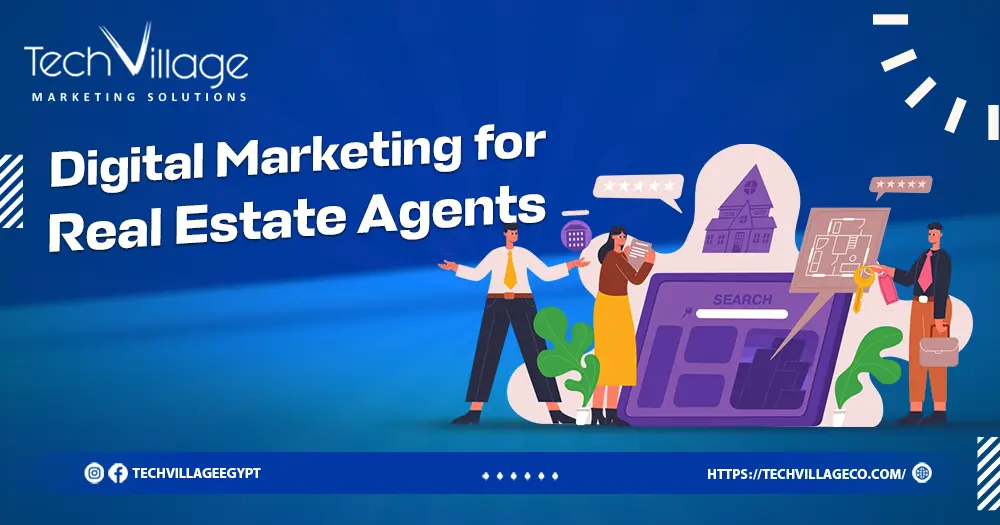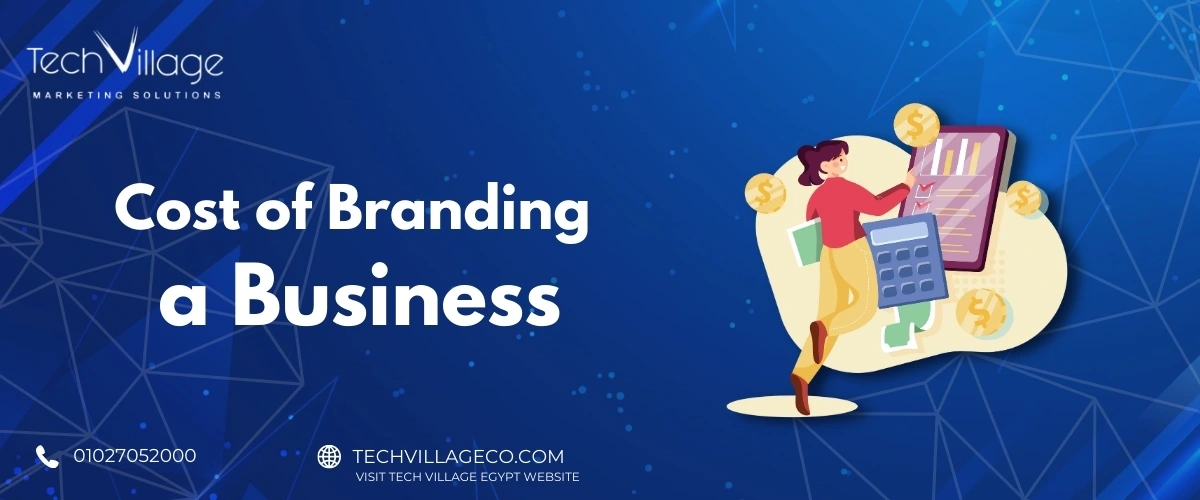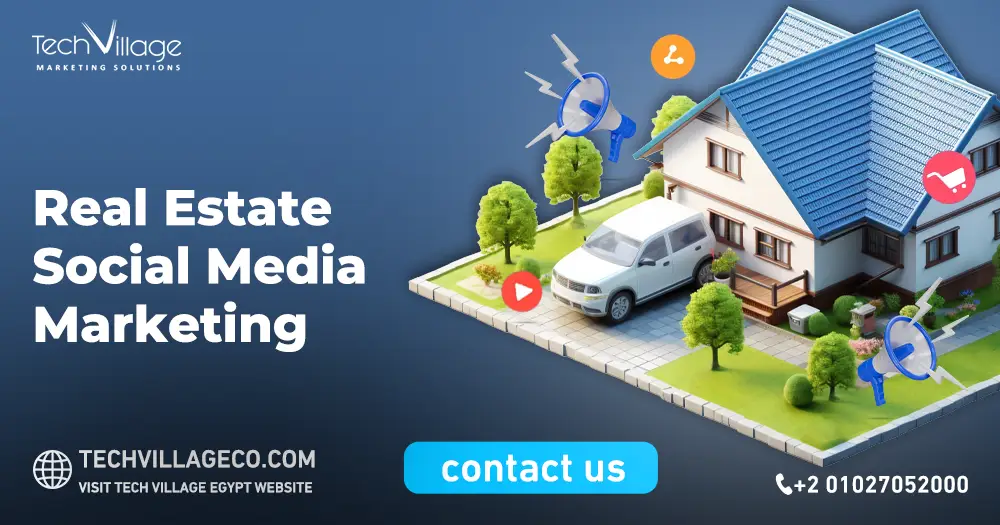digital marketing for real estate agents has emerged as a game-changer for agents seeking to connect with buyers, sellers, and investors in a competitive landscape. With the majority of prospective homebuyers beginning their search online, harnessing the power of digital marketing has become essential for real estate agents to stand out, build credibility, and drive conversions.
From social media advertising and search engine optimization (SEO) to email marketing and virtual tours, the digital toolbox available to real estate agents is vast and ever-evolving. In this dynamic environment, mastering the art of digital marketing for real estate agents isn’t just a competitive advantage. It’s a necessity for agents looking to thrive in today’s digitally driven real estate market.
Table of Contents
ToggleWhat is digital marketing for real estate agents ?
digital marketing for real estate agents refers to the use of digital channels, tools, and techniques to promote properties, connect with potential buyers and sellers, and ultimately drive sales and conversions in the real estate industry.
digital marketing for real estate agents encompasses a wide range of online marketing strategies and tactics tailored specifically to the unique needs and challenges of the real estate market. Key components of digital marketing for real estate agents may include:
- Website Development: Building and optimizing a professional website that showcases listings, provides valuable information for buyers and sellers, and serves as a hub for digital marketing efforts.
- Email Marketing: Utilizing email campaigns to nurture leads, share property updates and market insights, and stay top-of-mind with clients and prospects.
- Content Marketing: Creating and distributing valuable, informative content such as blog posts, videos, and infographics to attract and engage potential buyers and sellers.
- Paid Advertising: Running targeted advertising campaigns on platforms like Google Ads, Facebook Ads, and LinkedIn Ads to reach specific demographics, geographic areas, or interests and drive traffic to listings or landing pages.
- Virtual Tours and 3D Imaging: Using technology such as virtual reality (VR) and 3D imaging to provide immersive, interactive experiences that allow potential buyers to explore properties remotely.
- Lead Generation and Management: Implementing strategies and tools to capture leads from website visitors, social media followers, and other digital channels, and nurturing those leads through the sales funnel.
- Analytics and Reporting: Tracking and analyzing key performance metrics such as website traffic, engagement, lead conversions, and ROI to measure the effectiveness of digital marketing efforts and optimize strategies accordingly.
Get to know: What Is Google Trends In Digital Marketing.
What is a real estate marketing plan?
digital marketing for real estate agents plan is a comprehensive document that outlines the strategies, tactics, and activities an agent or agency will use to promote properties, attract clients, and achieve their business goals within a defined timeframe.
A well-crafted marketing plan serves as a roadmap for guiding real estate marketing efforts and ensuring that resources are allocated effectively to maximize results. Here are the components of a digital marketing for real estate agents:
- Executive Summary: A brief overview of the marketing plan, including goals, target audience, and key strategies.
- Market Analysis: Analysis of local market conditions, trends, competition, and target audience demographics to inform marketing strategies.
- Target Audience: Identification of the ideal client profile or target audience segments, including demographics, preferences, and needs.
- Unique Selling Proposition (USP): Definition of the agent’s or agency’s unique value proposition and positioning in the digital marketing for real estate agents.
- Marketing Objectives: Clear, measurable objectives that outline what the agent or agency aims to achieve through their marketing efforts, such as increasing brand awareness, generating leads, or closing sales.
- Marketing Strategies: High-level strategies for reaching and engaging the target audience, such as online advertising, content marketing, social media marketing, email marketing, networking, and traditional advertising.
- Tactical Plan: Specific tactics and activities to be implemented to execute the marketing strategies, including timelines, responsibilities, and budget allocations for each tactic.
- Budget: Allocation of financial resources for each marketing tactic and activity, including advertising spend, marketing materials, and any other related expenses.
- Measurement and Analytics: Identification of key performance indicators (KPIs) and metrics to track and measure the effectiveness of marketing efforts, as well as plans for analyzing and reporting on results.
- Contingency Plans: Strategies for adapting to unforeseen challenges or changes in the market landscape, including backup plans and alternative tactics.
Read also: Best Digital Marketing Agency In Cairo.
Which content type is best for real estate?
Several content types can be effective for digital marketing for real estate agents, depending on the target audience and marketing goals. So according to tech village, some of the best content types for digital marketing for real estate agents include:
1. Property listings:
Detailed listings with high-quality photos, videos, and virtual tours are essential for showcasing properties effectively and attracting potential buyers.
2. Blog posts:
Informative blog posts can cover a variety of topics relevant to homebuyers and sellers, such as market trends, neighborhood guides, home buying tips, staging advice, and financing options.
3. Videos:
Video content, including property tours, neighborhood highlights, client testimonials, and educational videos, can engage potential clients and provide a more immersive experience.
4. Infographics:
Infographics can visually communicate complex information such as market data, property statistics, or the home buying process in an easily digestible format.
Get to know: What Is Google Trends In Digital Marketing.
5. Email newsletters:
Regular email newsletters can keep clients and prospects informed about new listings, market updates, upcoming events, and other relevant information.
6. Social media posts:
Visual content shared on social media platforms like Facebook, Instagram, and LinkedIn can increase brand visibility, showcase listings, and engage with followers.
7. Guides and fbooks:
Comprehensive guides and ebooks on topics like home buying, selling, investing, or home improvement can establish agents as trusted experts and provide valuable resources to clients and prospects.
8. Case Studies/Testimonials:
Success stories and client testimonials can build credibility and trust with potential clients, demonstrating agents’ expertise and track record of satisfied customers.
Do google ads work for real estate agents?
Yes, Google Ads can be an effective digital marketing for real estate agents tool for real estate agents when used strategically. Google Ads allows agents to target specific keywords related to their services and local market, ensuring that their ads appear prominently in Google search results when potential clients are actively searching for properties or real estate services. Here are some ways Google Ads can work for real estate agents:
1. Targeted advertising:
digital marketing for real estate agents can target specific geographic locations, demographics, and search terms relevant to their target audience, ensuring that their ads are seen by potential Customers that are actively searching for homes or real estate services in their area..
2. Instant visibility:
Google Ads provide immediate visibility in search results, allowing agents to quickly generate leads and inquiries from interested buyers or sellers.
3. Flexibility and control:
digital marketing for real estate agents have full control over their advertising budget, ad messaging, and targeting parameters, allowing them to tailor their campaigns to their specific goals and objectives.
4. Lead generation:
Google Ads can drive traffic to landing pages or property listings, where potential clients can submit inquiries, schedule showings, or request more information, ultimately leading to lead generation and potential conversions.
5. Measurable results:
Google Ads provides detailed analytics and reporting tools, allowing agents to track the performance of their campaigns in real-time and make data-driven decisions to optimize their advertising strategies for better results.
Conclusion
In conclusion, digital marketing for real estate agents has transformed the landscape of real estate marketing, offering agents unprecedented opportunities to reach, engage, and convert potential clients in an increasingly competitive industry. By leveraging digital channels such as social media, search engines, email, and virtual tours, real estate agents can showcase properties, build relationships with clients, and establish themselves as trusted experts in their field.
Moreover, the data-driven nature of digital marketing allows agents to track and analyze the effectiveness of their campaigns, enabling them to refine strategies, optimize resources, and maximize ROI. As the digital marketing for real estate agents continues to evolve, embracing digital marketing strategies will be essential for agents looking to stay ahead of the curve, adapt to changing consumer behaviors, and achieve long-term success in an ever-digital world.
FAQ
Which is the best digital marketing for real estate agents?
Determining the best digital marketing strategy for real estate agents involves considering various factors such as target audience, budget, goals, and local market dynamics. the most effective digital marketing strategy for real estate agents depends on a combination of factors unique to each agent's business. Experimentation, tracking results, and adaptation are key to finding the optimal approach that aligns with an agent's goals and resources.
Do real estate agents need marketing?
Real estate agents absolutely need marketing to succeed in a competitive market. Marketing plays a crucial role in helping agents attract clients, showcase properties effectively, build brand awareness, and ultimately drive sales. In today's digital age, where the majority of homebuyers begin their search online, effective marketing strategies are essential for agents to stand out from the competition and reach potential clients where they are.
What type of marketing is best for real estate?
the best marketing strategy for real estate agents will depend on a combination of factors unique to each agent's business. Experimentation, tracking results, and adaptation are key to finding the optimal approach that aligns with an agent's goals and resources. By incorporating a mix of digital, visual, content, networking, and traditional marketing strategies, real estate agents can effectively reach their target audience, showcase properties, and drive business growth

 AR
AR




